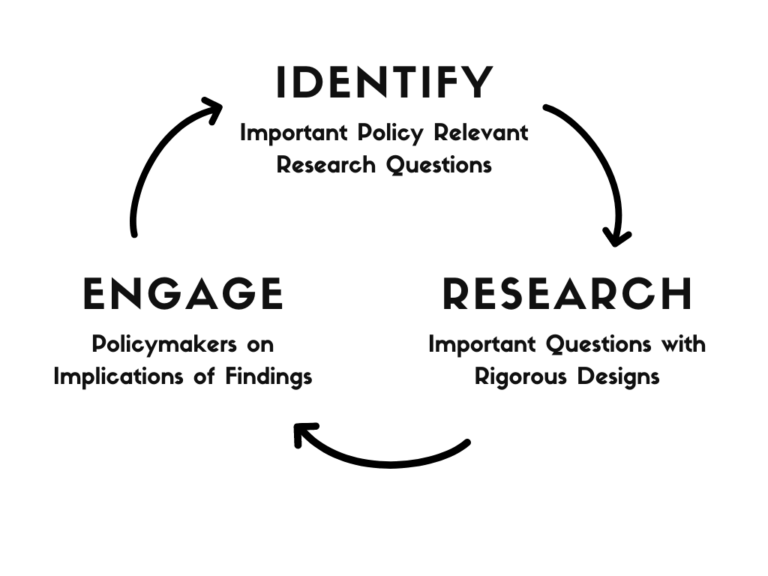opinion articles
Send us a link
Economist group argues for scientific experimentation in environmental policymaking
Economist group argues for scientific experimentation in environmental policymaking
The economists say more frequent use of up-front experiments would result in more effective environmental policymaking in areas ranging from pollution control to timber harvesting across the world.
No Democracy, No Academia
The assault of Israeli government on democratic institutions and principles is an imminent threat to Israeli academia, which relies on a solid democratic foundation.
The Benefits of Open Science Are Not Inevitable: Monitoring Its Development Should Be Value-led
The Benefits of Open Science Are Not Inevitable: Monitoring Its Development Should Be Value-led
Open science is increasingly becoming a policy focus and paradigm for all scientific research. Ismael Rafols, Ingeborg Meijer and Jordi Molas-Gallart argue that attempts to monitor the transition to open science should be informed by the values underpinning this change, rather than discrete indicators of open science practices.

Navigating Interdisciplinary Careers

To Speed Scientific Progress, Do Away With Funding Delays
The National Science Foundation and National Institutes of Health are frequently described as the world’s gold standard for scientific funding. Operationally, however, they are not keeping pace with progress at the scientific frontier.
Why Does Impact Still Feel Like an Add-on to Research Designs?
Reflecting on his role as an academic and member of a research funding organisation, Duncan Green, considers how impact has in some ways still not become embedded in research culture and is often treated a bureaucratic hurdle to overcome.
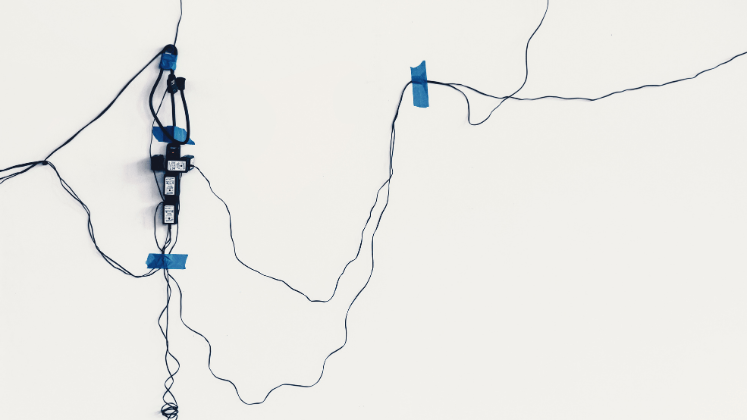
What China's Leading Position in Natural Sciences Means for Global Research
What China's Leading Position in Natural Sciences Means for Global Research

Philosophy of Open Science
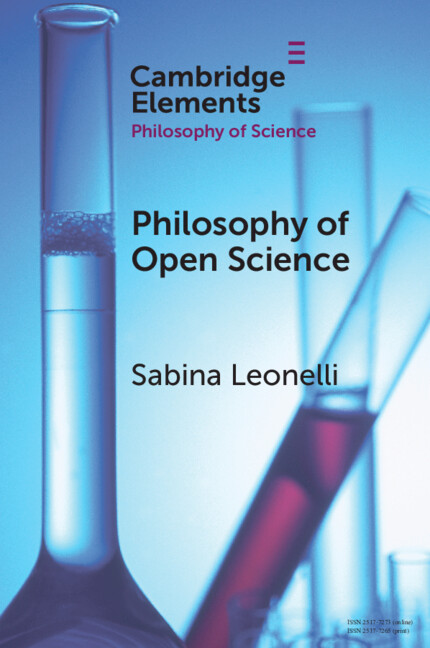
Pack Up the Parachute: Why Global North-South Collaborations Need to Change
Pack Up the Parachute: Why Global North-South Collaborations Need to Change
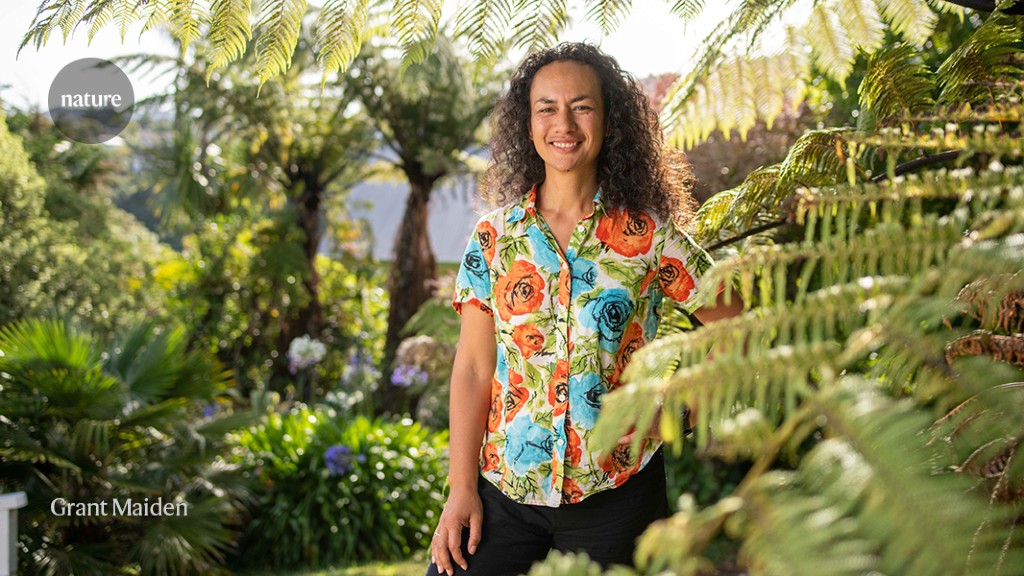
Open Access 'at Any Cost' Cannot Support Scholarly Publishing Communities
Open Access 'at Any Cost' Cannot Support Scholarly Publishing Communities
Kaitlin Thaney argues the current momentum building for “no pays” academic publishing models and establishing the “reasonable costs” of publication, present opportunities to rebalance the inequities, costs, and power dynamics initially bred by the push towards Open Access “at any cost” over the past two decades.

European Universities Need a Fine-grained Approach to Economic Security Risks
European Universities Need a Fine-grained Approach to Economic Security Risks
New Human Embryo Models Spark Needless Controversy
Recent news of complex embryo models revived debates over stem cells and human cloning. But biology says there’s nothing to worry about.

Is 'Wokeism' Slowly Killing Scientific Merit? Look to the Latter for the Real Threat to Science
Is 'Wokeism' Slowly Killing Scientific Merit? Look to the Latter for the Real Threat to Science
While some worry "wokeist" ideology could corrupt scientific merit, it could be our problematic understanding of the latter that poses an even greater threat to science, two philosophers argue.

'Industry Scientists Are Often Misunderstood: Here’s Why I Chose This Path'
Beyond the Hype: How AI Could Change the Game for Social Science Research
Beyond the Hype: How AI Could Change the Game for Social Science Research

Building an Equitable Global Science System

Although Hard to Define, Narrative CVs Are Changing How We Think About Researcher Assessment
Although Hard to Define, Narrative CVs Are Changing How We Think About Researcher Assessment
Narrative academic CVs present a means to bypass aspects of a research evaluation culture that is focused on the volume and venue of publications. Drawing on work promoting this format, researchers show how these texts more often foreground the problems they are meant to address, than how the format works in practice.
The Guardian View on Stem Cells and Embryos: Creating Life's Likeness in a Lab
Commit to the Global South
What role can science play in fostering Global North-South and South-South partnerships?
Horizon Europe Can Only Flex So Far Before It Reaches Breaking Point
It’s likely the European Commission will dip into the research programme’s budget for its new sovereignty fund – and this won’t be the first time money has been diverted to other causes. Flexibility to respond to changing circumstances is important, but when is enough, enough?
The Limits of Science Communication?

Developing Countries Need Greater Recognition for Research into UN Sustainable Development Goals (SDGs)
Developing Countries Need Greater Recognition for Research into UN Sustainable Development Goals (SDGs)
Developing nations need greater visibility, acknowledgement and support for their research into the United Nations' Sustainable Development Goals (SDGs).
Research Advocates Must Be Bolder, Deeper and More United
Shaping Horizon Europe's successor means learning from past setbacks.

Managing the Risks of International Collaboration
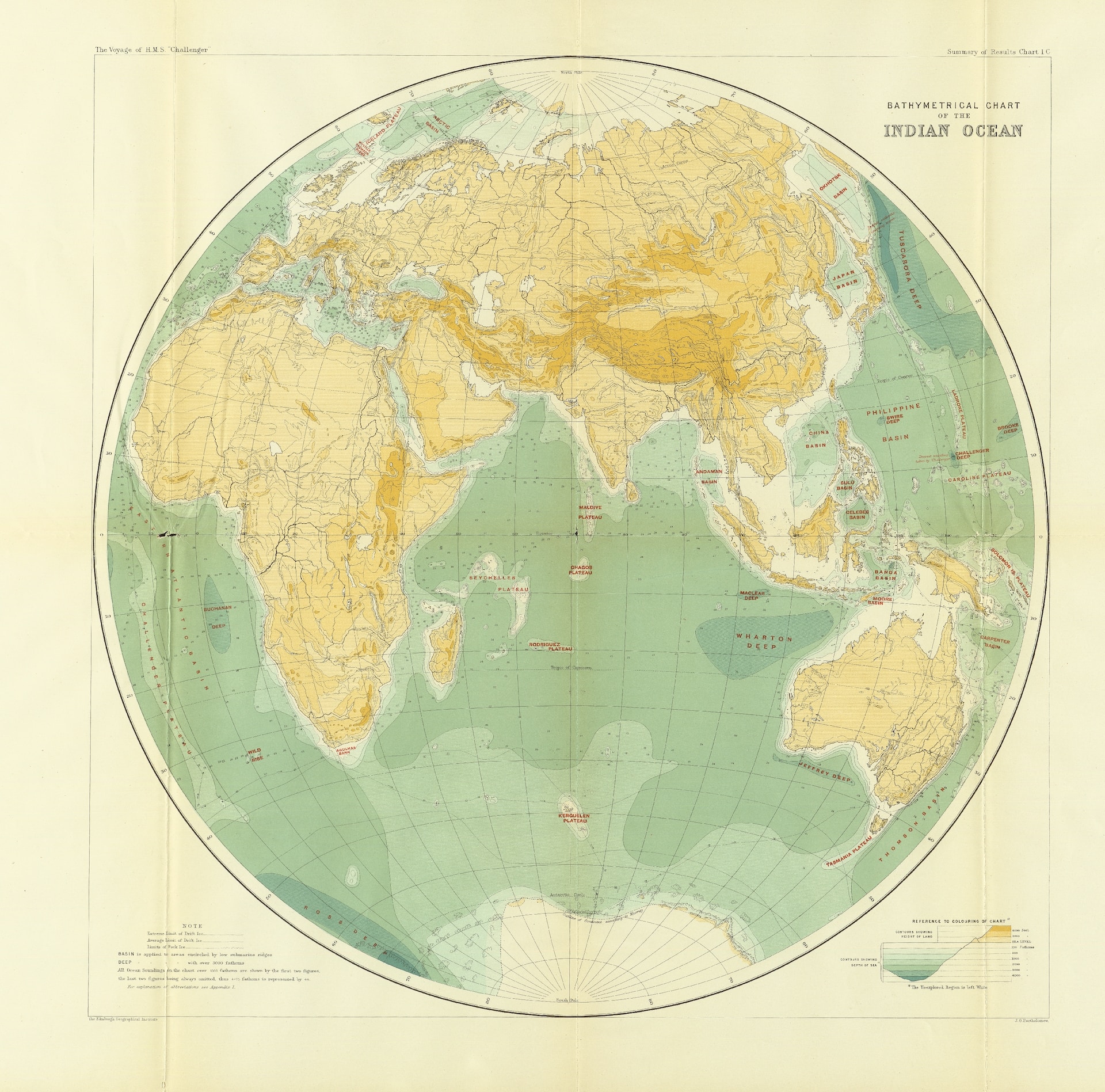
How Scientific Models Both Help and Deceive Us in Decision Making
We live in a society where scientific models surround us. They are used for everything from creating weather bulletins and making climate projections to providing economic forecasts and informing policies for public health.

Revolution by Retweet: The Growing Influence of Social Media on Education Policy
Revolution by Retweet: The Growing Influence of Social Media on Education Policy

Scientific Utopias: Scientific Enlightenment in the Stupid Questions Office

Bridging the Gap Between Research and Policy: Lessons from Co-Creation in the Aid Sector
Bridging the Gap Between Research and Policy: Lessons from Co-Creation in the Aid Sector
There is an increasing focus in academic and policy circles on research-policy partnerships. These partnerships are often achieved through co-creation, whose role in international relations remains underdeveloped.
